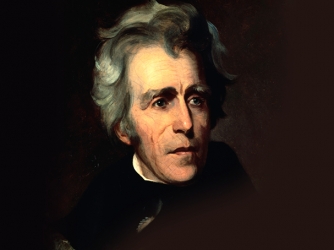civvver
Deity
- Joined
- Apr 24, 2007
- Messages
- 5,855
"republic" and "democracy" are not mutually exclusive, we're not in Civilization, only in forums talking about it.
Yes but just pointing out our country wasn't setup to be majority rule and for specific reasons.
The US Senate is the correct way to do federalism. Equal representation in an upper house for the different federal units is a reasonably common principle, and a large part of why federations exist.
The Electoral College is rank lunacy. It was created to let slave states count their slaves toward representation share, without letting them vote. And the "give small states a voice" justification doesn't make sense. Firstly, the states given "voice" via sitting near the centre of a pendulum are almost completely random and often aren't particularly small. Secondly, the president is just one person - he can't have "multiple voices" - and the electoral college voters by design have no voice beyond a one-and-done choice. Multiple voices, and voice for small federal units, is what the legislature is for.
Actually no one got to vote directly for president in those days so saying without letting the slaves vote is a little misleading. IIRC, locals voted for electors, I'm actually not even sure if they voted for the electors, they may have voted for state legislatures who picked the electors. I do know until 1913 the state legislatures chose the senators for that state.
*sigh*
The Founding Fathers weren't concerned with 2017. They were transitioning from the 1776 design of the federal government (which didn't work) to something that would work in 1787.
Under the initial design of the Articles of Confederation, each state had one vote. That didn't work well, though the number of action items that required unanimity to address probably had more to do with that than anything else. Any solution that was going to take more or less had to protect the states with lesser population (which were strongly advantaged by a one-state-one-vote rule), who weren't going to sign on to Madison's plan because it so obviously titled things relative to the status quo in favor of his state particularly as well as the other relatively higher population states like Pennsylvania, Massachusetts and New York.
Yes, the Electoral College is broken today. The main thing that's surprising about it is that it worked as well as it did during the 20th Century. The concept of one-man-one-vote wasn't really a thing until the 20th Century. It isn't quite enough to say that the Constitution wasn't designed around that concept - if we're being precise about it, the Constitution was explicitly designed with violating that concept in mind.
Yes pretty much. People don't seem to understand how recent it is that people cast a vote for the president directly. And the electoral college needs some tweaking or change or something, but it's not a total dumpster fire like many like to portray it as.

